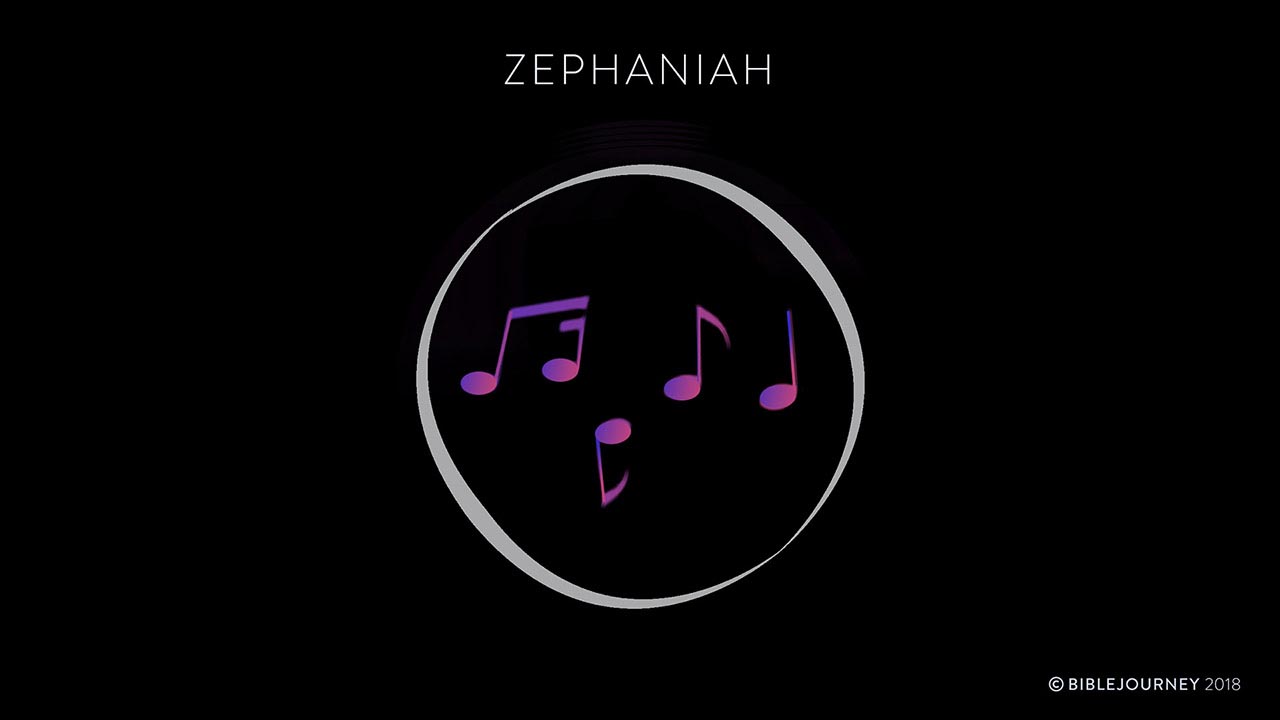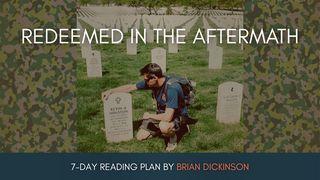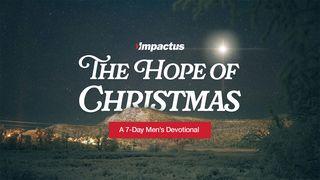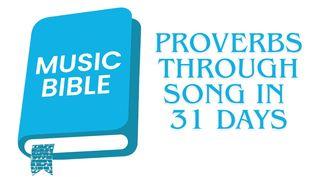Journey Through Minor Prophets, Part 2Näide

Zephaniah: In Front of the Text
A surprising theme in Zephaniah is that God will sing over his people in exile. Though they will mourn for a season, God will restore their joy. Read a couple of brief accounts of Christian martyrs who have found joy even in their suffering.
A Symbol for Zephaniah
The people of Judah face an overwhelming empire and will soon be conquered. Some of the survivors will be forced into exile. Yet Zephaniah will ask God’s people to sing in exile. He says to them, in effect, “Sing for God and let everyone listen. They will see God singing over you.”
Zephaniah eventually encourages the people to use their situation to give glory to YHWH before the nations by celebrating his presence—even as they are a defeated people removed far from their homes.
Zephaniah promises that God will eventually bring the people home, but he’s even more focused on reminding them that they can always be at home with God. The icon below is your visual reminder that in Zephaniah, we are encouraged to sing to YHWH no matter where he might lead us.
“Sing, Daughter Zion;
shout aloud, Israel!
Be glad and rejoice with all your heart,
Daughter Jerusalem ....
The LORD your God is with you,
the Mighty Warrior who saves.
He will take great delight in you;
in his love he will no longer rebuke you,
but will rejoice over you with singing.”
Zephaniah 3:14, 17 (NIV)

Singing Martyrs
Christian and Jewish histories are full of people who have suffered with God and for God. Many became martyrs for their faith. There are many accounts of people singing songs of praise to God even while being killed.
One of the most notable examples of this is the medieval Czech priest, Jan Hus (also known as John Hus). Sadly, he was killed by other Christians over doctrinal issues. As he burned at the stake, he sung in the presence of his oppressors. The word “martyr” comes from the Greek for “witness.” In his dying moments, Hus remained a witness and a praise to the glory of God. An account of this scene is given below.
At once the executioners lit the fire and according to our eyewitness Petr Mladenovics Hus began to sing“Christ, Thou son of the living god have mercy upon us”. And again“Christ, Thou son of the living god have mercy upon us”. And the third verse, “Thou who art born of Mary the Virgin”,and when he began to sing the third time, the wind blew the flame in his face. Praying within himself and moving his lips and his head he expired. The whole thing had lasted no more than 2 or three 3 “Our Fathers”. (History of the Germans Podcast*)
A more recent and equally compelling story of a “singing martyr” comes from Assam, India in the 19th century. Nokseng was a Christian convert who became a missionary. When he was challenged by a tribal chief to renounce his faith, he responded, “I have decided to follow Jesus.” His two children were summarily killed and his wife’s life threatened, to which he responded, “Though none go with me, still I will follow.” Nokseng and his wife were then killed while he sang, “The cross before me, the world behind me.” According to reports, this unflinching testimony led to the conversion of the chief and many in that village. You now know what is behind the story of the famous song, “I have decided to follow Jesus.” (Renewal Journal**)
Jan Hus and Nokseng are breathtaking examples of praising God at the point of death, but Zephaniah’s message isn’t just for the exiled or martyred. They are easy to admire but may be difficult to relate to. Praising God before “the nations” or unbelievers isn’t only called for when suffering and it doesn’t always have to involve singing. We can witness in praise like the people in Zephaniah—in simple acts in daily life.
Wrap up
Nicole wraps up this lesson in which we witness how much God loves his people. He’s always coming back for them, restoring them back into a relationship that will be better than ever.
*for the full reference from History of the German's Podcast, refer to the source listed at the end of Day 14.
**for the full reference from Renewal Journal, refer to the source listed at the end of Day 14.
About this Plan

Have you ever wished for a Bible study that could take you beyond surface-level reading? If so, get ready for our journey through Minor Prophets, Part 2! You'll get to immerse yourself in Scripture (by looking at key terms and ideas), explore what's behind it (by learning historical-cultural background), and also discover its impact by considering its implications, not only for you, but for the global church. Let's dive in!
More
Related Plans

Now That You Are Born Again

Redeemed in the Aftermath

Identity

BUT GOD: Two Words That Change Everything

Song of Songs and Ecclesiastes Through Song in 7 Days

Starting Strong, Finishing Stronger! Lessons From Gideon’s Life

The Way of the Wildflower: Gospel Meditations to Unburden Your Anxious Soul

The Hope of Christmas: A Men's Devotional

SARAH'S OIL Bible Reading Plan
